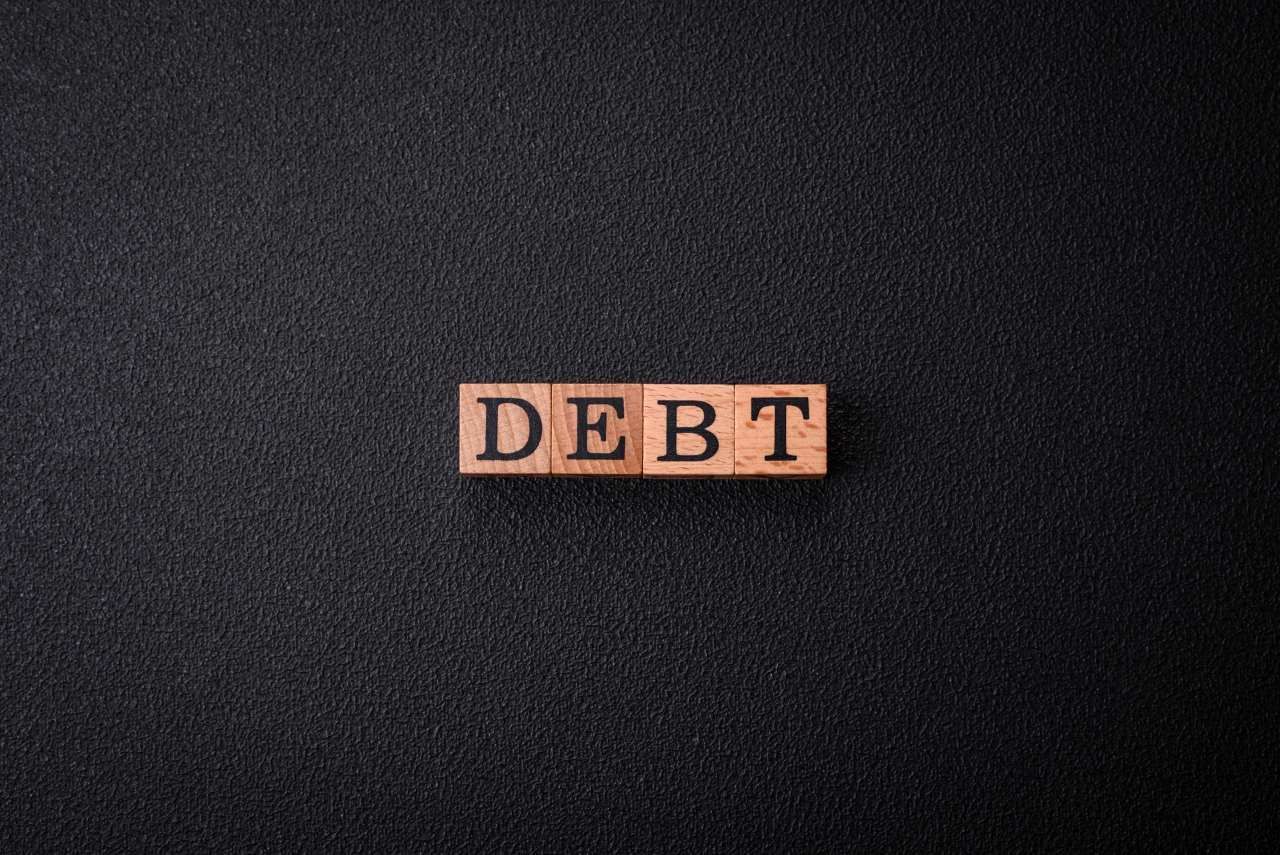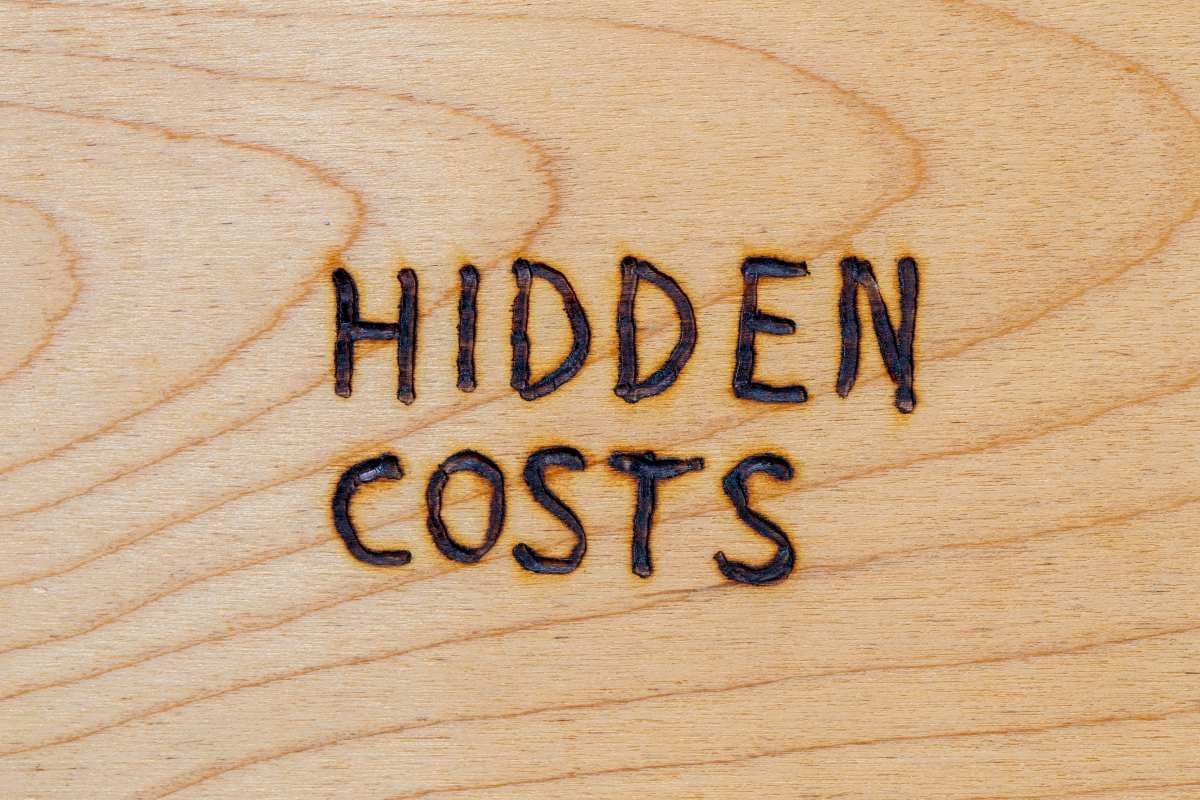What Happens to Debts in a Divorce?

Most people worry about who gets the house or pension when divorcing, but what about the credit card bills and overdrafts? Dealing with shared debts can quickly become a nightmare if you don't sort them properly. And trust us, these financial loose ends have a nasty way of coming back to haunt you years after you've signed those final papers. Let’s explore this subject further so you can understand what to expect.
Understanding Debt Responsibility in a UK Divorce
The basic rule seems simple enough – debts in your name are yours if they are non-household debts, and joint debts are usually shared. But real life rarely follows neat little rules, especially when it comes to money.
What lenders care about and what the divorce court decides can be completely different things. Your mortgage provider isn't interested in your divorce agreement – they just want their money from whoever signed the mortgage agreement.
And here's something that catches many people off guard: purchases that your ex-spouse made without telling you? You might still be on the hook for them if the court decides they benefitted your household.
Types of Debt in Divorce
When you're splitting up, not all debts get treated the same way. Let's break it down.
Individual Debt
That personal loan you took out? The credit card only in your name? These normally stay with you after divorce, provided they were not incurred for household purposes.
But it's not always that straightforward. If you used your personal credit card to renovate the family kitchen or pay for the children’s school trips, the court might view this differently. Timing matters too, as that debt you racked up after moving out probably won't be split.
Joint Debt
Any loan, mortgage or credit card with both your names on it means you're both responsible for the entire amount. Not half each – the whole thing.
This is where it can get messy - you might have an agreement that your ex will pay the joint loan, but if they stop making payments, the bank will come after you without a second thought. Tailored legal solutions for separation can help protect you from these nasty surprises. Just because you've moved out and stopped using the joint account doesn't mean you're off the hook - until the debt is formally transferred or paid off, it's still yours.
Secured vs. Unsecured Debt
Your mortgage and car finance? They're secured against something the lender can take if payments stop. These debts typically get priority in divorce.
Those credit cards and personal loans aren't tied to specific assets, but they can cause just as much trouble. Default on these, and you'll end up with court judgments and a poor credit score.
How the UK Courts Handle Debt in Divorce

British courts aren't big on one-size-fits-all solutions when it comes to divorce finances.
The Principle of Fairness
Forget about automatically splitting everything 50/50. The courts look at what's fair based on your specific situation.
This means that sometimes, one of you might keep more assets but take on more debt, or debts might be balanced against lump sum payments. The court's main concern is making sure everyone's basic needs are met, especially the children.
If you're trying to make sense of how this might work in your case, you might want to take a look at our blog to learn more about financial settlement in divorce.
Key Factors Courts Consider
The judge won't just look at the debts themselves but also:
- How long you were married – generally, the longer you were together, the more finances tend to be equalised.
- Who earns what – and who's likely to earn more in the future. That city banker married to a part-time teacher? Different earning potentials matter.
- What the debts were for – the mortgage on the family home gets viewed differently from a loan for a sports car only one of you ever drove.
Rarely does bad behaviour with money affect the outcome, unless someone deliberately wasted family assets or ran up debts to spite their partner.
How to Protect Yourself Financially During Divorce
Don't wait until the divorce is final to sort out your financial situation.
Managing Joint Debt
Pick up the phone and talk to your lenders. Many could temporarily put a hold on accounts once they know you're separating.
Where possible, split joint balances into separate accounts – but make sure both of you agree to this first.
Even if you're furious with your former partner, keep making those payments on joint accounts. Your credit score doesn't care who was supposed to pay the bill.
Preventing New Debt Issues
Start keeping receipts and statements as soon as you separate. You'll need this paper trail if disputes arise later.
Open your own bank accounts immediately – you need financial independence now, not later.
Check your credit report regularly. It's not paranoia if you're watching for problems that really might happen.
Final Thoughts
The way you handle debt during divorce can affect your financial health as you rebuild your new life. Facing these issues head-on, rather than burying your head in the sand, gives you the best chance of moving forward.
Courts are less concerned with perfect fairness than with practical arrangements that actually work. Sometimes, the financially "unfair" solution is the only one that's realistic for both parties.
And sorting out debts properly now saves you from unwanted connections to your former partner in the future. After all, financial freedom is an important part of truly moving on after a divorce.












